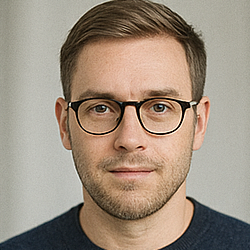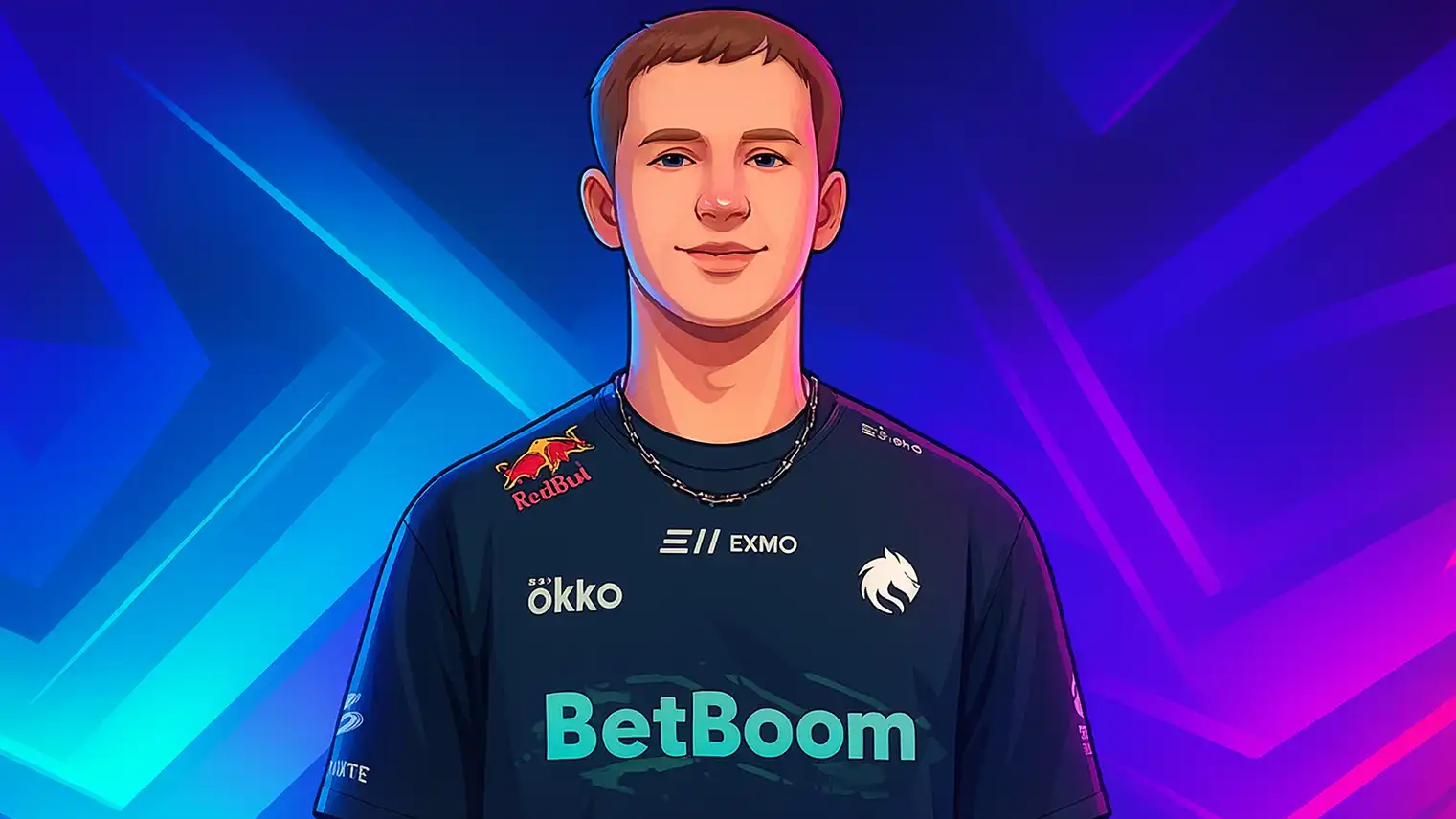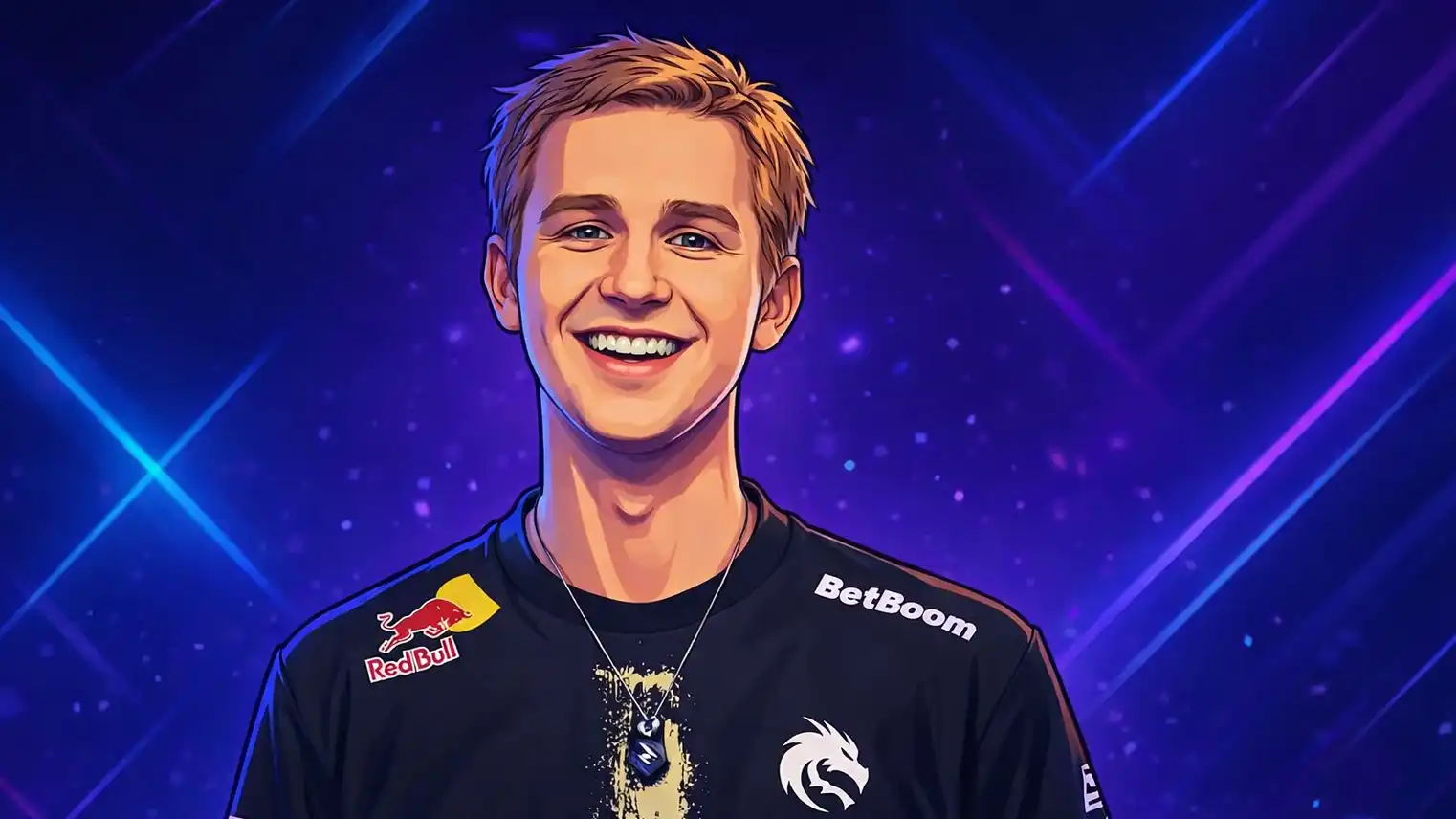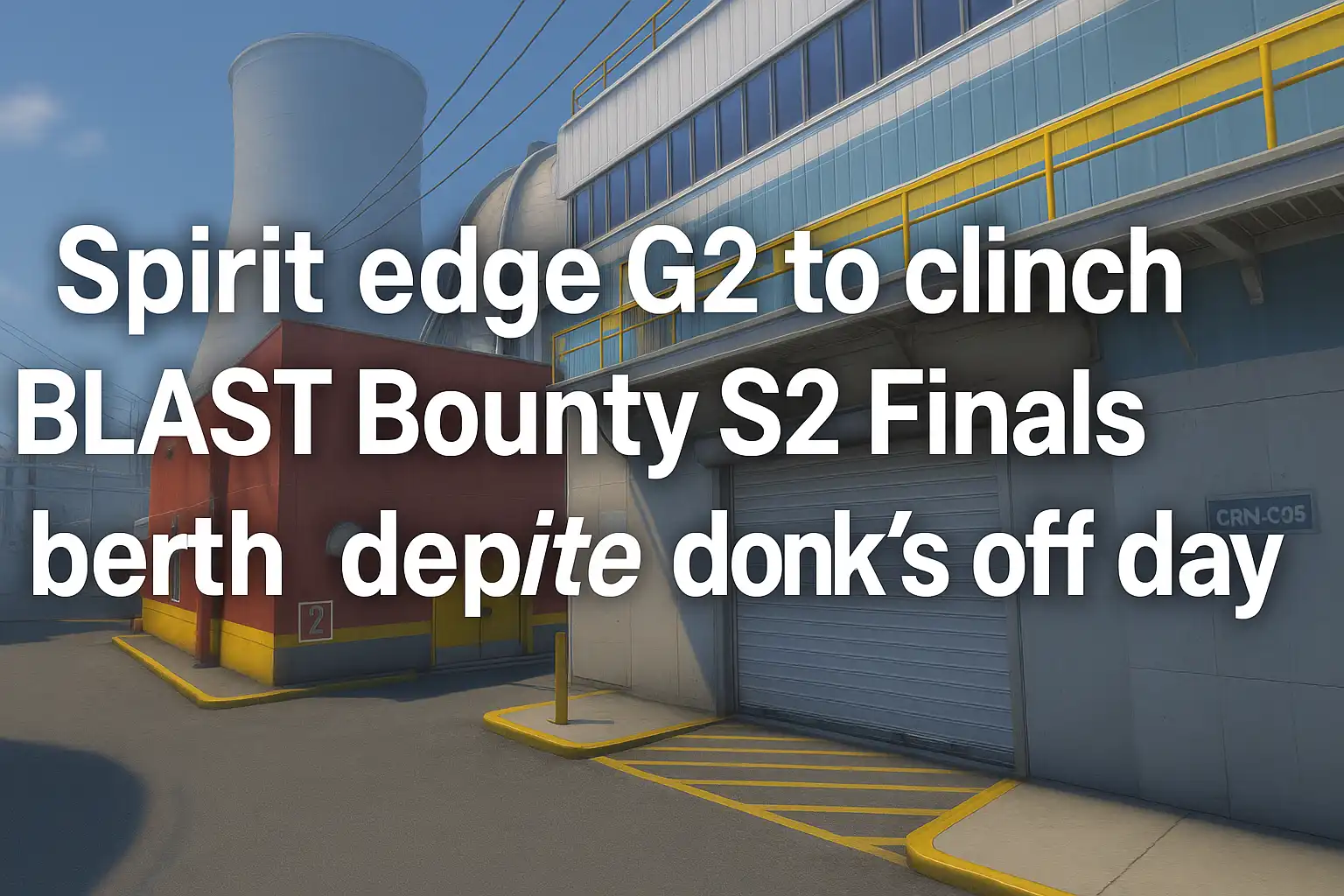“We dropped to 7th – our map‐pool isn’t ready” – Team Spirit reflect on their slide in the world rankings
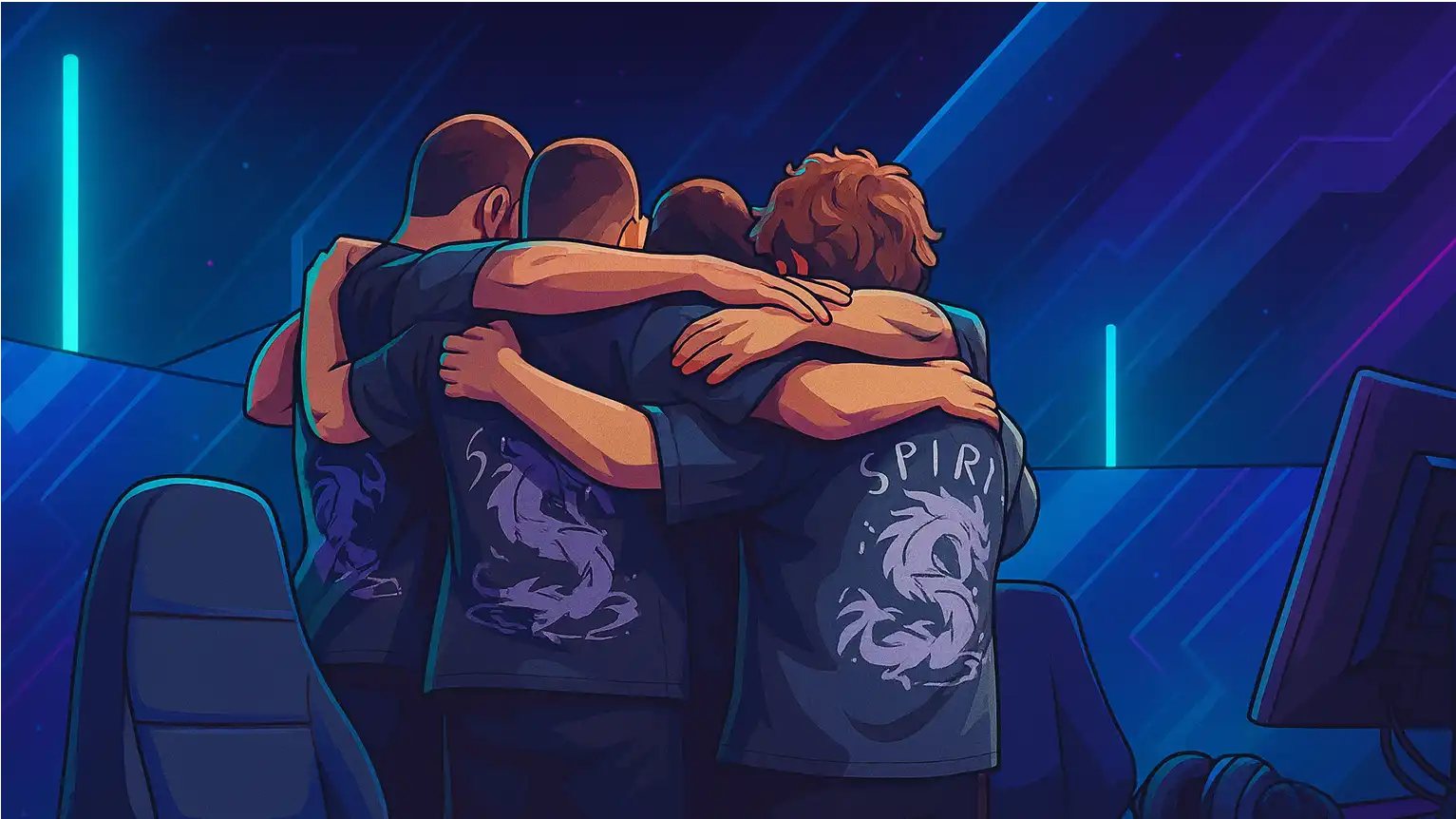
“We dropped to 7th – our map‐pool isn’t ready” – Team Spirit reflect on their slide in the world rankings
For a team that not long ago stood at the summit of global Counter-Strike 2, Team Spirit have recently taken a sharp wake-up call. According to a recent report, they have slipped to seventh place in the world rankings of CS2 teams, prompting internal reflection from coach and players on the causes of their decline and how they must rebuild.
From the top to a slide
It’s no exaggeration to say that Team Spirit’s trajectory over the past 12 months has resembled a roller-coaster. In December 2024, they clinched the Major title at the Perfect World Shanghai Major 2024, defeating the powerhouse FaZe Clan in the grand final. At that moment, the world viewed them as the elite of CS2: not only capable of winning the biggest tournaments, but of imposing their style, discipline and tactical depth.
However, by autumn 2025 they find themselves not only off the top spot but outside the very top tier. According to one widely-used ranking aggregator, they are now ranked 5th or worse and, in some permutations of the ranking system, have been recorded at 7th place globally. What makes the drop more jarring is that the core roster remains largely intact: the likes of donk, sh1ro and chopper are still present and remain individually excellent. So what changed?
What analysts and the team are pointing to
1. Map-pool depth
One of the recurring criticisms from observers is that Team Spirit’s map-pool — the range of maps and sides they are comfortable on — has become narrower. In best-of-five formats and when opponents adapt, teams with a shallow map-pool will struggle to respond. While explicit quotes from the team about “map-pool not ready for BO5” are hard to pin down, the behaviour of the team in recent events suggests the issue is real: they have occasionally been upset by teams they were expected to beat, on maps outside their comfort zone.
2. Adaptability and momentum‐breaks
In 2024, Spirit rode momentum: strong starts, dominant map-control, and confidence in clutch moments. In 2025, teams have begun to figure them out. Looser first halves, slower adjustments, and some mental lapses when pressure mounts have been noticed. The game is evolving quickly, and being the “team to beat” can bring its own pressures. Reddit threads from fans note:
“As long as they have donk, Spirit will be a decent team, but these are very drastic and risky moves while you are a top 3 team in the world.”
The underlying sentiment: even good teams can fall when they fail to adjust fast enough or when they slip mentally.
3. Strength of the field
Part of Spirit’s slide is also explained by the fact that other organisations have improved. Teams like The MongolZ, Falcons and others have surged, taking up top spots in the rankings. In the official Valve VRS global standings for September 2025, Team Spirit did top the table for the first time ever — but that ranking is independent of the HLTV style rankings. This duality of ranking systems means that Spirit might be seen as “top” in one system, yet slipping in another — underlining the complexity of measuring success in CS2.
The July-September window: mixed results
In the summer of 2025, Spirit appeared at several high-level tournaments. For instance:
-
In August they climbed to second place in the Valve VRS standings, following their win at IEM Cologne 2025 where they beat MOUZ in the grand final.
-
In September the VRS ranking showed them at #1, overtaking Team Vitality.
Yet simultaneously, other ranking sources show them slipping in the “traditional” world ranking systems (e.g., HLTV/egamersworld) — being listed around 5th or 7th place. The discrepancy seems to stem from the fact that VRS weights certain events and invites differently, while the HLTV style ratings may incorporate more variables (including consistency, map-spread, etc.).
Why 7th place matters
Dropping to seventh isn’t just a symbolic blow — it has tangible implications:
-
Invitations and seeding: tournaments may seed or invite fewer direct slots to teams outside the immediate top 5–6. Being ranked 7th can lead to tougher paths, more play-ins, or less favourable brackets.
-
Sponsor and perception: teams often gain momentum from “top team” branding. A drop can affect buzz, pressure and expectations.
-
Mentality and culture: when a team that has tasted the top begins to drop, internal pressure mounts. Players and coaches must adjust not only tactics but mindset.
What Team Spirit are saying (and what they need to do)
While direct quotes about dropping to 7th are scarce in publicly archived sources, the tenor of recent interviews and articles suggests a self-evaluation mindset. Analysts point to their map-pool becoming too narrow, while Spirit themselves recognise they must avoid complacency. In a recent documentary article, the team’s general culture was described as: “growing, evolving, fighting mid-tier players, constantly pushing” — but also with the caveat that “rivals are catching up fast.”
From all of this, key areas for them to focus on emerge:
-
Expand the map-pool: ensure they are comfortable across all maps and both sides (T/CT) to reduce vulnerabilities.
-
Maintain adaptability: improve in-game resets, side-switch momentum breaks and avoid long lapses when trailing.
-
Sustain consistency: tournaments are longer, metas shift fast, and being reactive counts as much as raw firepower.
-
Manage expectations and pressure: being seen as the “favourite” often brings its own stress; staying mentally sharp is crucial.
The bigger picture
Team Spirit’s drop to around 7th place, while perhaps the most visible symptom, should be viewed alongside their still-solid achievements. They recently won major tournaments, fought at the elite level, and remain one of the most dangerous squads when they hit form. Moreover, the very fact they are under pressure shows how competitive CS2 has become: even once-dominant teams must never rest on past laurels.
This moment may act as an inflection point for the squad: either they regroup, refocus and reclaim elite status — or they risk being overtaken by next-generation challengers. Historically, Spirit has shown resilience (they reached top world rankings not long ago). The key now is translating that into the present.
Final thought
Dropping in rankings is never fun for a team accustomed to winning. But for Team Spirit, this slide to 7th place might be less a sign of decline and more a reminder: in modern CS2, standing still means falling behind. Their map-pool, consistency and adaptability will determine whether they bounce back — or continue sliding down the ladder.


